Iran Faces Renewed Censure at UN Nuclear Meeting Over Lack of Cooperation
The timing is critical, as former U.S. President Donald Trump, who implemented a “maximum pressure” policy on Iran by tearing up the 2015 nuclear deal, is set to return to the White House in January.
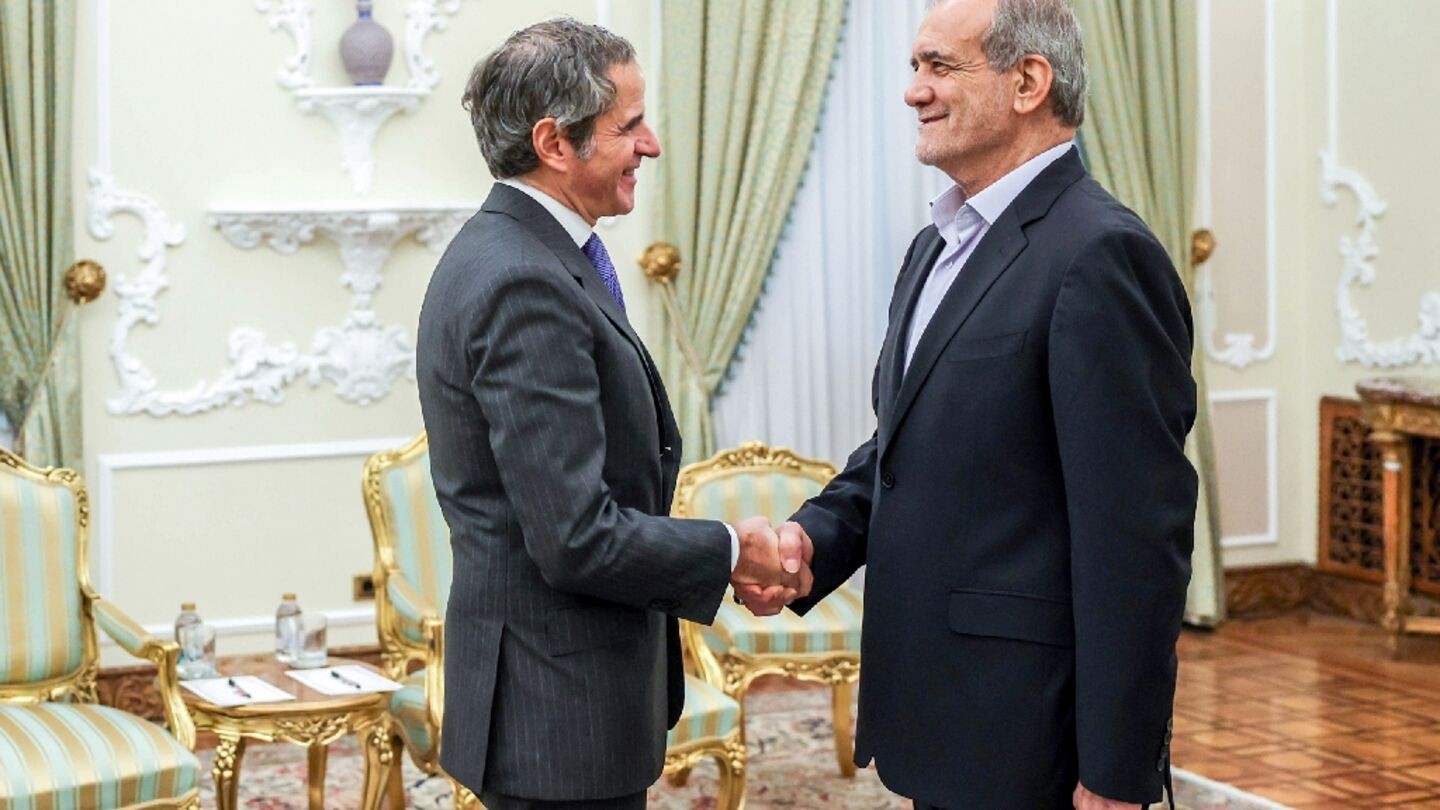
At a United Nations nuclear meeting on Wednesday, Iran faced renewed censure for its limited cooperation with the International Atomic Energy Agency (IAEA), as European powers, backed by the United States, pushed for diplomatic pressure against Tehran.
The planned censure reflects rising concerns over Iran’s expanding nuclear activities, which diplomats say are veering from past agreements aimed at curbing its atomic ambitions.
Background of Escalating Tensions
Tensions between Iran and the IAEA have escalated since the breakdown of the 2015 nuclear agreement, which had aimed to limit Tehran's nuclear program in exchange for sanctions relief. In recent years, Iran has restricted its cooperation with the IAEA, accelerated its nuclear activities, disabled key surveillance equipment, and barred access to UN inspectors.
These developments have raised international concerns that Tehran may be advancing toward nuclear weapon capability—a claim Iran denies, asserting its nuclear program is solely for peaceful purposes.
Currently, Iran is the only non-nuclear weapon state enriching uranium to 60 percent purity, nearing the 90 percent threshold needed for atomic weapons, according to the IAEA.
New Resolution by Western Powers
Britain, France, and Germany, with the backing of the U.S., are pushing for a resolution that will press Iran to address the IAEA's longstanding concerns. The draft of this censure, seen by AFP, calls for IAEA head Rafael Grossi to issue a "comprehensive report" on Iran's nuclear activities, including details on its cooperation regarding uranium traces found at undeclared sites.
Grossi recently visited Iran for discussions with Iranian President Masoud Pezeshkian and high-ranking officials, touring Iran's Natanz and Fordo uranium enrichment facilities. However, experts argue that the visit achieved little in reducing tensions. Kelsey Davenport from the Arms Control Association remarked that Grossi’s visit was “too little too late” to prevent a censure, describing it as a missed opportunity for Iran to demonstrate a commitment to transparency.
Hopes for Renewed Dialogue amid Political Changes
Iran has signaled willingness to resolve international "doubts and ambiguities" about its nuclear program. Pezeshkian expressed hope that discussions could be held free of “political pressure and considerations.” Nonetheless, the timing is critical, as former U.S. President Donald Trump, who implemented a “maximum pressure” policy on Iran by tearing up the 2015 nuclear deal, is set to return to the White House in January.
The 2015 agreement, brokered by the U.S. along with China, Russia, France, Germany, and Britain, granted Iran sanctions relief in exchange for limitations on its nuclear activities. Despite efforts to revive this deal in recent years, negotiations have yet to yield results, leaving the future of Iran’s nuclear program—and international relations—on uncertain ground.




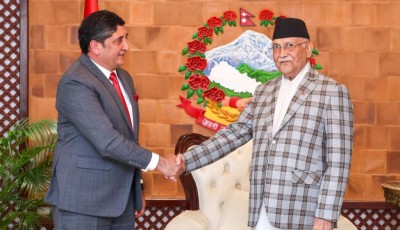
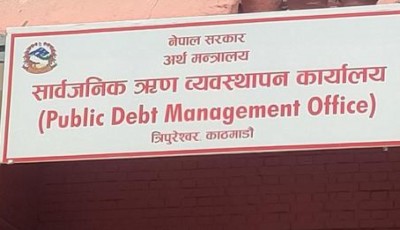
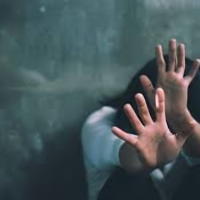

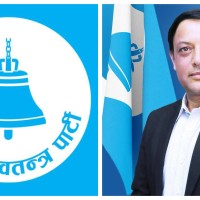



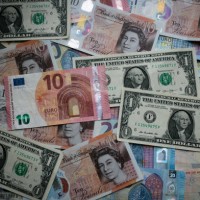
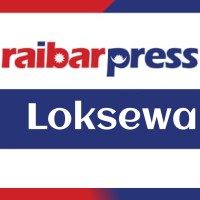



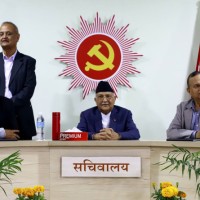

तपाईको प्रतिक्रिया दिनुहोस